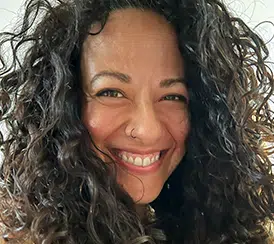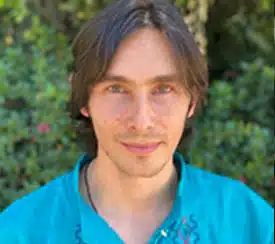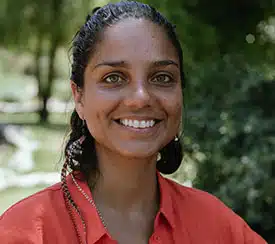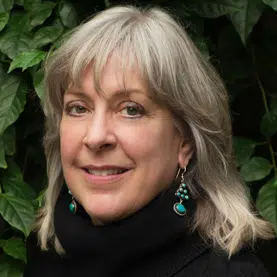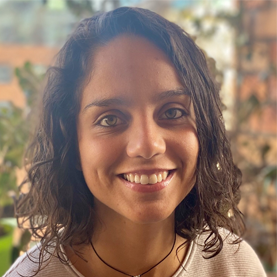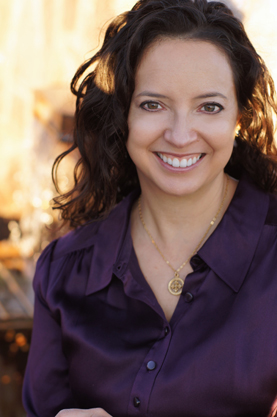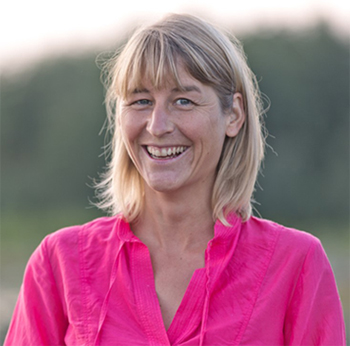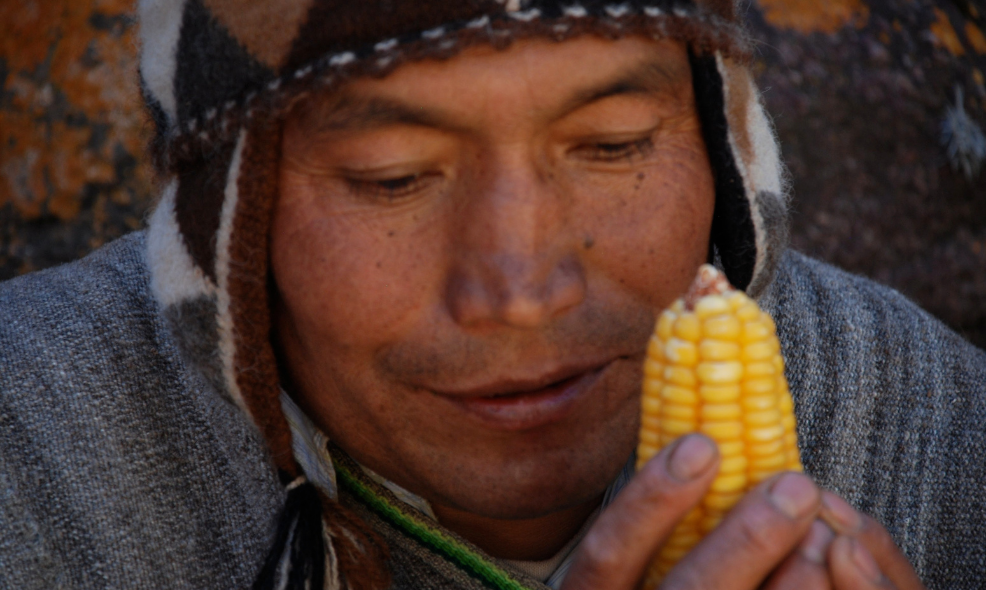
Several years ago, I asked Don Manuel to speak to me about love, for I had never seen his people be affectionate with each other like we are in the US. From what I observed, the Indios did not hold hands or kiss in public, even though mothers doted over their babies, whom they carried bundled up next to their bodies. I had no sense of what love meant for the grown-ups.
“Love is only for the brave,” he said. “Frankly, I recommend you stay away from it. You are too soft to endure love for very long.”
I disagreed with him, explaining that I had been in love numerous times in my life and knew the pain and the ecstasy of the feelings.
“That’s not love, that’s romance,” he said.
“Love is like a mill,” he explained, pointing toward the entrance of a dilapidated adobe cottage. In front of the house was a batán, a flat stone with a shallow depression in it that had been used by the owners as a mill for grinding corn. The moon-shaped handle, the uña, was nowhere to be seen. We were in an abandoned hacienda that had thrived, perhaps 50 years earlier. The roof of the structure was long gone, the clay tiles taken by neighbors, and all that remained were the crumbling walls.
“We are people of the corn. This is how we thrived for millennia.” He reached into his pocket and pulled out a few purplish kernels.
“We have hundreds of varieties of corn: blue, black, yellow, red . . . and we are like the corn. Love comes to harvest us and pluck us from the dry husk, which is fed to the pigs. Each kernel is full of light. But the light inside has to be set free. So we take the corn to the batán.
“Love grinds you down,” he explained. “It cracks you open and breaks you out of your shell, so you no longer recognize who you are. You become like a fine dust that can be blown away by the wind if you are not careful. Love then mixes you with a dash of spring water and pummels you, kneads you, and then places you on a hot stone by the fire to bake, so that you can become like the corn bread in the sacred feast of the Inti Raymi.”
“But what if I do not want to become like corn bread?” I asked Don Manuel. Somehow the image was not very appealing to me, even if it brought to mind the poetry of Rumi, where he writes that love will hollow you out, so you become like a reed for the wind to blow through to make the music of God. Hollow reed sounded so much better than a corn tortilla.
“Then you will decay on the husk,” the old man replied. “Or become food for the birds. The grape must be turned into wine. Otherwise, it rots on the vine.”
Can you allow yourself to become corn bread for Love?
